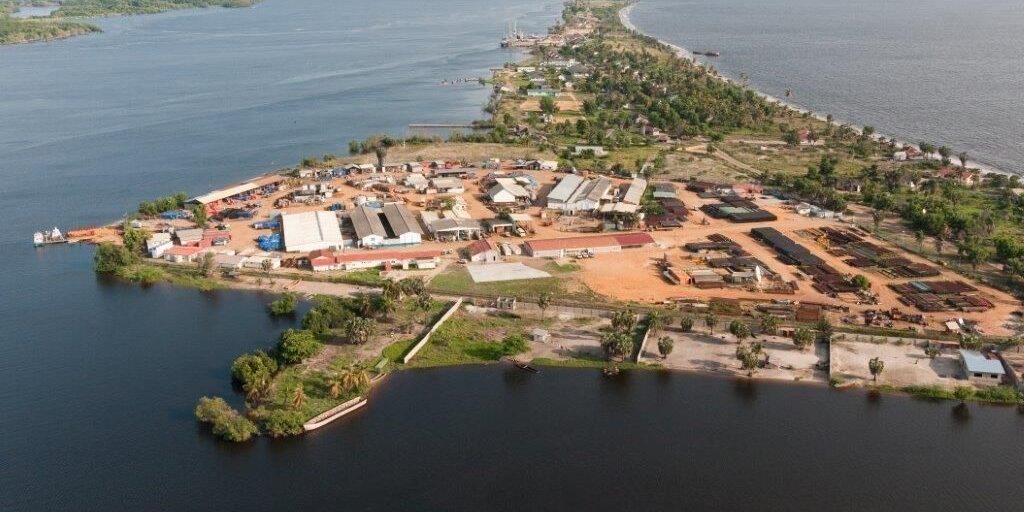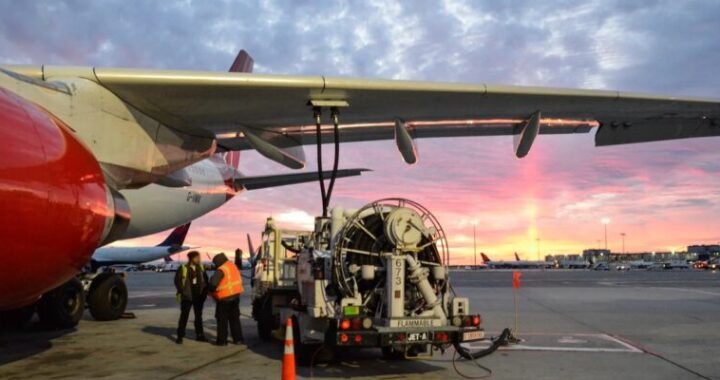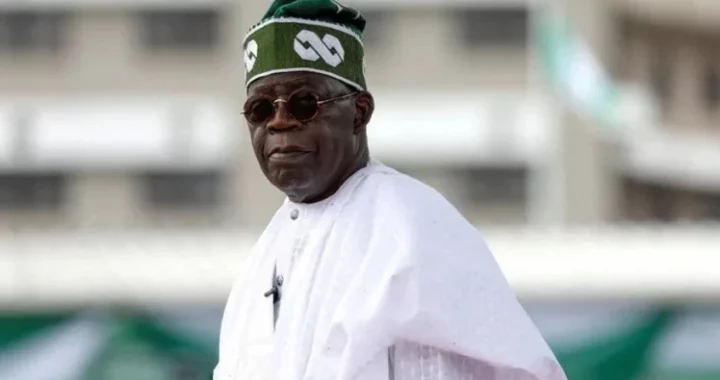DRC: the port of Banana will develop regional and international trade in the DRC

Tribune-The economic potential of Africa is immense. Increased commercial activity within our continent will certainly transform the lives of its inhabitants.
Initiatives such as the African Continental Free Trade Area (ZLECAF) join this ambition by aiming to create an environment in which countries will take advantage of this potential.
The World Bank estimates that this agreement could, if fully implemented, increase Member States’ incomes by 9% by 2035 and lift more than 50 million people out of poverty.
However, it will be necessary to invest more in the development of commercial and logistical infrastructures in order to facilitate and develop trade.
Indeed, a strong increase in GDP will inevitably be accompanied by an increase in demand for new multimodal logistics infrastructure.
Ports have long been a mainstay of logistics and a vital component of the supply chain in Africa. Thanks, among other things, to their ability to connect hinterlands and create new opportunities between countries and global markets.
The President of the Democratic Republic of Congo (DRC), His Excellency Félix-Antoine Tshisekedi Tshilombo, is establishing the country as an important commercial hub in the region and beyond. He understood the predominant role of trade in boosting the economy.
The accession of the DRC to the East African Community, for example, was an important step in the creation of new business opportunities on the continent.
One of the main steps in this process is the development of the country’s first deep-water port, located on the country’s 37 km Atlantic coast in Kongo Central. Once completed, this port will be able to accommodate a large number of direct calls from the largest ships from Asia and Europe. This will significantly improve the country’s access to international markets and global supply chains.
For the past 20 years, DP World has operated ports across Africa investing in technology and infrastructure to expand trade on the continent.
We were thus able to see first-hand how a world-class port creates direct and indirect jobs, offers local businesses the possibility of accessing a wider network of business partners and contributes to the development of communities.
Our partnership with the Government of the DRC for the construction of the port of Banana is part of the same momentum.
We share President Tshisekedi’s vision, and we are committed to achieving a port that meets the highest international standards.
As a leading provider of intelligent and integral logistics solutions, we have the expertise and capabilities to facilitate trade flows from the DRC to the world and vice versa.
Our priority now is to ensure that the port is built in a sustainable way, and we are therefore working in close collaboration with several ministries, in particular those of Finance, Budget, Portfolio as well as Transport and Communications.
We have worked tirelessly with the Government since the symbolic laying of the first stone at the beginning of the year.
We have together completed the important preparatory work necessary before the start of physical construction. For example, the Government has made significant progress in the process of compensating and relocating the current occupants of the site. This stage should be completed soon, and we thank the Government for it.
The port will consist of a first quay of 600 meters with a draft of 18 meters, capable of accommodating the largest ships in service. It will have a container handling capacity of approximately 450,000 twenty-foot equivalent units (TEUs) per year, a container storage area of 30 hectares, and will be equipped with the latest technology and equipment available.
As we pursue the next phases of development, our vision remains the same: to provide the DRC with a modern logistics infrastructure to support the country’s tremendous business opportunities.


 President Akufo-Addo Inaugurates Dualisation of Anwiankwanta-Ahenema Kokoben Road to Ease Traffic and Boost Connectivity
President Akufo-Addo Inaugurates Dualisation of Anwiankwanta-Ahenema Kokoben Road to Ease Traffic and Boost Connectivity  Angola-Zambia Road Project to Boost Trade and Economy in Eastern Angola
Angola-Zambia Road Project to Boost Trade and Economy in Eastern Angola  Power China Group Utilizes Linnhoff TSD1500 for Key Rural Road Projects in Kenya
Power China Group Utilizes Linnhoff TSD1500 for Key Rural Road Projects in Kenya  ECOWAS HQ construction draws closer to completion
ECOWAS HQ construction draws closer to completion  BP Subsidiary to Sell 50% Stake in Maputo Airport Fuelling to Petromoc
BP Subsidiary to Sell 50% Stake in Maputo Airport Fuelling to Petromoc  Nigerian President: Fuel Subsidy Removal Saves $1.32B in 2 Months
Nigerian President: Fuel Subsidy Removal Saves $1.32B in 2 Months  TENDER FOR THE ESTABLISHMENT OF CODING & ROBOTIC HUBS IN SCHOOLS | SOUTH AFRICA
TENDER FOR THE ESTABLISHMENT OF CODING & ROBOTIC HUBS IN SCHOOLS | SOUTH AFRICA